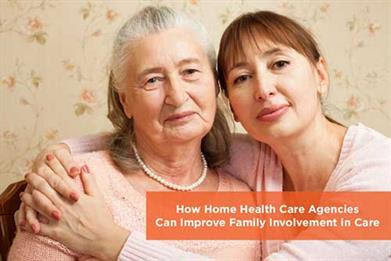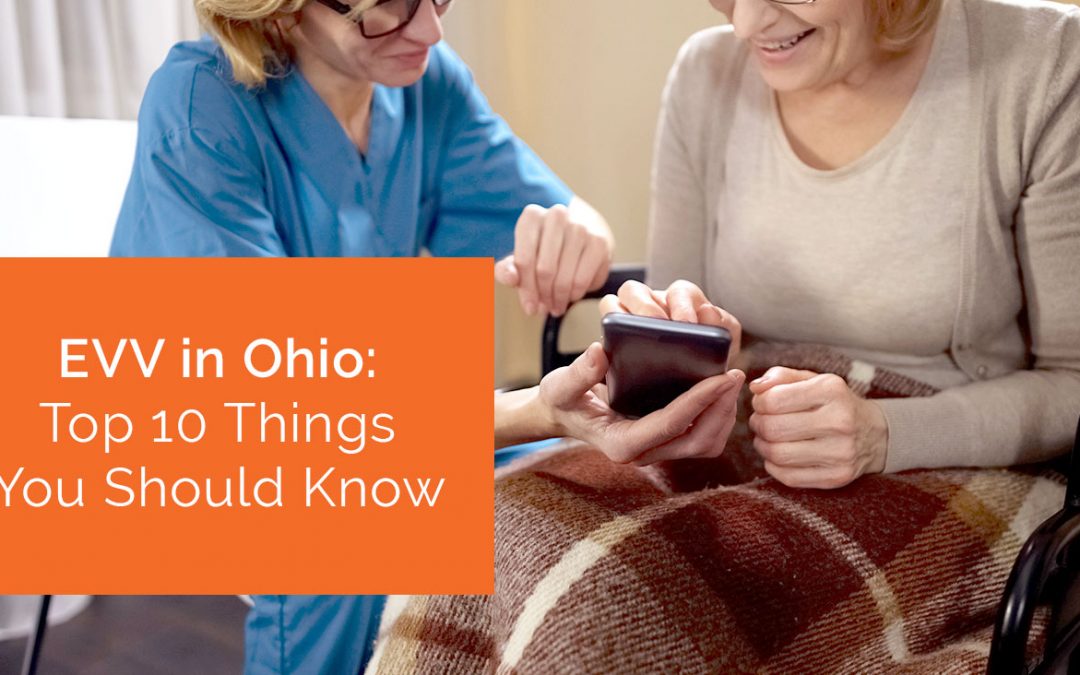There is no question that family caregivers are an integral part of the health care continuum for older adults. In fact, there are an estimated 17.7 million unpaid family caregivers providing necessary care to “high-need” family members in the U.S. alone. Many of these “patients” are living with chronic conditions that require round-the-clock care, and with the high cost of inpatient care — not to mention the reluctance of many people to move into a full-time care facility — that number is only expected to grow.
Because the number of family caregivers is growing so quickly, there is a major push among advocacy groups to provide better support to these important individuals. Not only is burnout a major concern, but there is a clear need to provide better training and improve communication between health care providers and family caregivers to ensure that patients are receiving the best possible care. According to a recent report from the Academies of Science, Engineering, and Medicine, titled “Families Caring for an Aging America,” family caregivers play a vital role in the delivery of care for older adults. Not only are they the primary information source for providers regarding patient health histories, medication management, and in some cases, symptoms and issues, they are also the main conduit between the patient and providers — including doctors, hospitals, insurers, home health agencies, and others.
Despite the importance of family caregivers, though, many report feeling “shut out” of their loved one’s care, having their knowledge and abilities disregarded or disrespected, and as if they are not a part of the “team.” At the same time, providers often assume that caregivers are willing and able to perform certain tasks, and provide little to no guidance or education about proper protocols. As a result, a large percentage of family caregivers feel unprepared for the tasks required of them, which creates a great deal of anxiety and fear of making a mistake. Combined with the general stress of taking care of a loved one, it’s no wonder that burnout is so common — not to mention, the potential for direr consequences for the patient.
Given these issues, “Families Caring for an Aging America” calls upon the health care community to find ways to better integrate family caregivers into the health care continuum. Your home health agency can be an important player in that process, when you commit to more effectively integrating families into the care you provide.
Education, Communication, and Support
The first step to improving your working relationships with family caregivers is to assess your agency’s current performance in this area, from the start of care through discharge and after home care ends. The United Hospital Fund, a nonprofit research and health policy organization, has developed a comprehensive survey tool that HHAs can use to perform a self-assessment and identify areas that need improvement. Among the points that the UHF recommends assessing using the survey, as well as comprehensive reviews of patient satisfaction surveys, patient and caregiver materials (from both admission and discharge) include:
• Information provided regarding the length of care, who will be providing care, what care will be provided, and what’s covered by insurance
• Information provided about resources available to caregivers, including supplies, training, and respite
• Communication protocols
• Training options for wound management, medication administration, medical equipment, activities, etc.
• Transition management, and the involvement of family caregivers in the transition between providers
• Discharge planning
By assessing your agency’s performance in these areas with a focus on family involvement, you can identify ways to better involve and educate family caregivers.
Once you have identified areas for improvement, focus on developing an action plan for your agency. This might include investing in more advanced home health software, for example, to provide families access to a secure communication portal where they can find accurate, up-to-date, and easy to understand updates on their loved one’s care and progress. Offering training sessions for common tasks is another option. Training recommendations can be made based on assessment results.
Training for your staff can also be beneficial to improving relationships with family caregivers. Staff should have excellent communication skills, and follow your agency procedures and protocols for communicating with family members. Remind your staff that family caregivers are a part of the care team and should be treated as such, and therefore involved in care and decision-making as much as possible. Staff should also be trained in cultural sensitivity, and place a priority on listening to patients and their families and respecting their preferences and practices.
Family caregivers are a vital resource for quality care. The more that your agency involves them, the better overall outcomes will be. As family-centered care becomes a bigger priority in all forms of healthcare, the more getting family caregivers involved will be a priority for all agencies. Take the time now to assess your performance in this area, and to consider investing in tools that will help you better manage your agency overall. To learn more about some of the tools that can help, click here to see what Complia Health has to offer.




